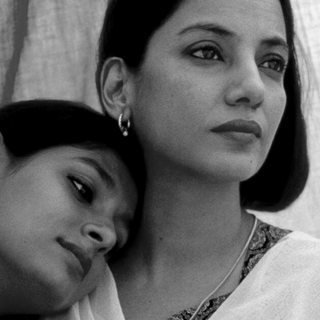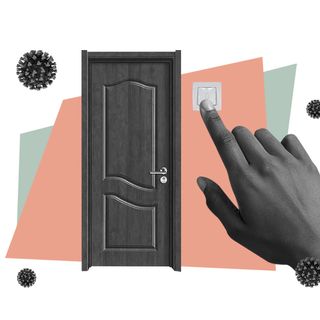
It’s Okay: To Not Have a Calculated, Cool Exterior
Being a person shouldn’t have to be an exercise in branding, but rather one of letting others accept you as you are.

In It’s Okay, we defend our most embarrassing, unpopular opinions.
The problem is universal, yet so silly, that we’d rather choke on it than voice it aloud. We all want to be calm, collected and flawless around others. We wish we were the person holding the person who had a sobbing, sloshed breakdown at 3 am rather than being the sniveling fool ourselves. Even mid-snivel, we’re thinking, “Shit, I can’t expose myself like this to people. They’ll think I’m weak!”
To save ourselves the shame of such exposure, thousands of listicles online try to teach us how to be cool and collected consistently. Advice ranging from ‘be reliable’ to ‘put your devices away’ to ‘have hobbies’ attempts to teach us how to create a protective bubble around us, keeping us safe from potential public ridicule. This never works, mainly because most of us are not robots or psychopaths learning to blend in with the average human.
I’ve definitely spent a lot of time wondering what I come across as on the Internet. Am I professional enough? (no), Do people fear me? (no), Am I coming across as corny, or cringe? Should I sit down and track how I respond to people in order to optimize what they think of me, like a robot, or an app update? It sounds downright absurd to voice aloud, but we’ve all thought it — when we’ve embarrassed ourselves in public, when our colleagues have pulled us aside and told us to behave more professionally, and when we’ve accidentally revealed to others, and ourselves, our vulnerabilities.
This is not to say that keeping parts of ourselves private as a personal choice is a sign of weakness. Pretending to be someone we’re not is a lot different from choosing not to engage with the public about more private aspects of our lives. Plus, choosing to keep parts of our life private comes a lot more easily to those who aren’t trying to be someone completely they’re not.
Related on The Swaddle:
Everyone Can Tell When You’re Laughing Just to Be Polite
The rejection of vulnerability is so endemic to society that it has spawned generations of people who live warped lives hiding who they really are, and how they really think. Yet, embracing vulnerability and showing strength has also been how we’ve managed to move ahead as a society. In fact, what we often forget is that there is power in acknowledging and being comfortable with our flaws, our failures, and our pain — both to ourselves, and if we choose to do so, to others. It makes us like ourselves more, making us a lot more comfortable in our own skin
While a consistent, artificial exterior ensures people don’t form strong opinions about us, vulnerability is honest, brave, and polarizing. There is no guarantee that presenting our authenticity to the people around us will not lead to ridicule, but people will respect us for not being afraid or ashamed of who we are. Being comfortable in our own skin reveals how strongly people feel about us — whether positive, or negative. And is there truly any need to appease those who cannot accept us as we are?
Human beings are also, by nature, reliant on other human beings in order to survive. We survive by revealing our weaknesses to those we trust, allowing them in, and drawing from their wisdom to help us overcome those weaknesses. If we hide weaknesses, we shut ourselves away from being cared for, which is not the path towards healing. There is no point to having friends and loved ones in your life if you must be someone you’re not around them.
There is safety in creating a carefully thought-out exterior bubble that protects us from the world’s judgment of our flaws. But there is also deep loneliness in being unable to express ourselves to people, and being unable to find new friends and allies who are drawn to us by virtue of our vulnerabilities. There’s a clear answer to what’s worse — it’s time we stopped aiming for appeasement and started living our lives on our terms. Sometimes, being the sniveling fool allowing themselves to be held is showing strength at our weakest time, and sometimes, allowing ourselves to express who we truly are is the power we hold — to live our lives as we see fit.
You’ll be alright.
Aditi Murti is a culture writer at The Swaddle. Previously, she worked as a freelance journalist focused on gender and cities. Find her on social media @aditimurti.
Related


The Buzz Cut: Did Scientists Really Find a Universe Where Time Runs Backwards?
